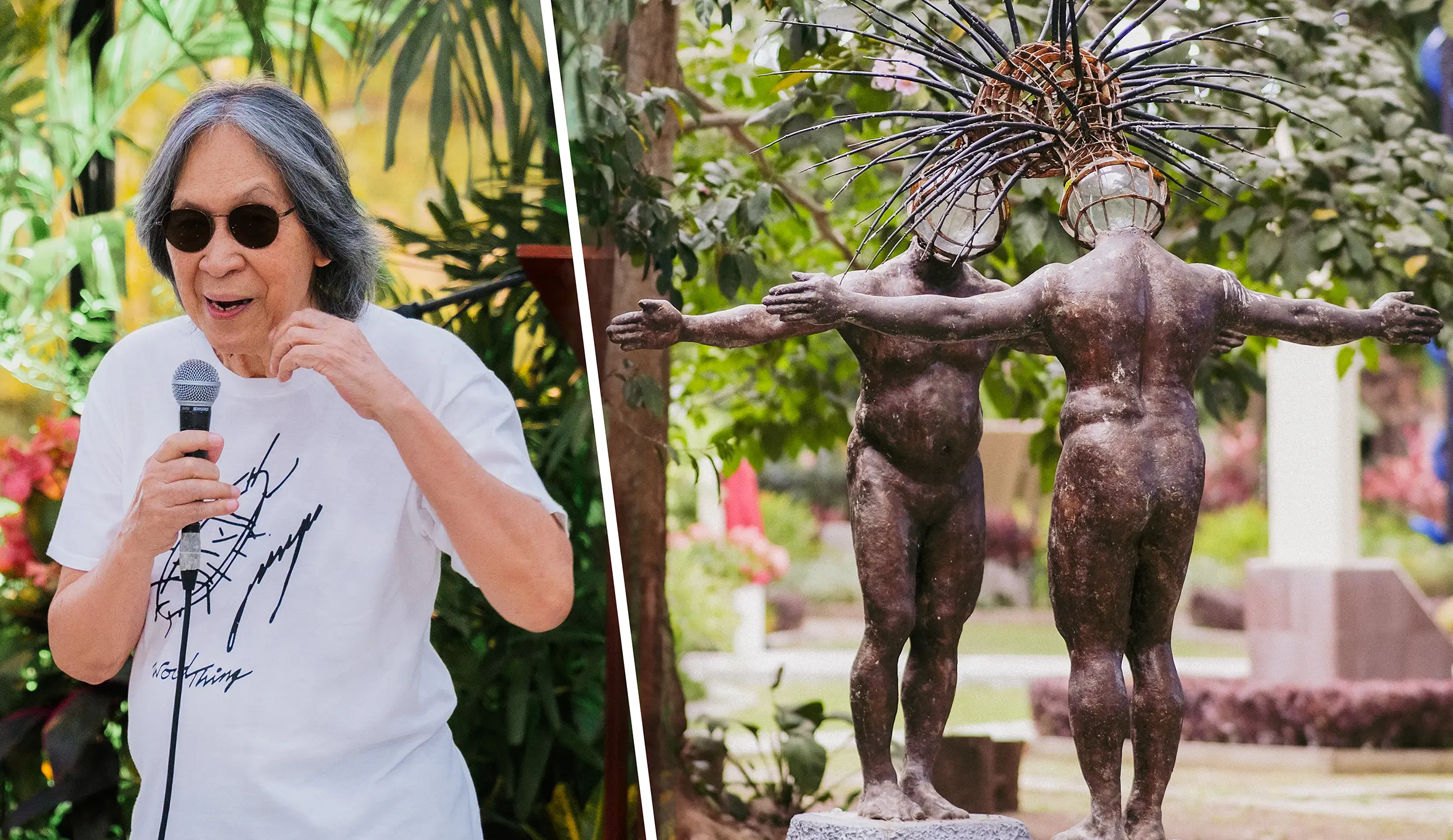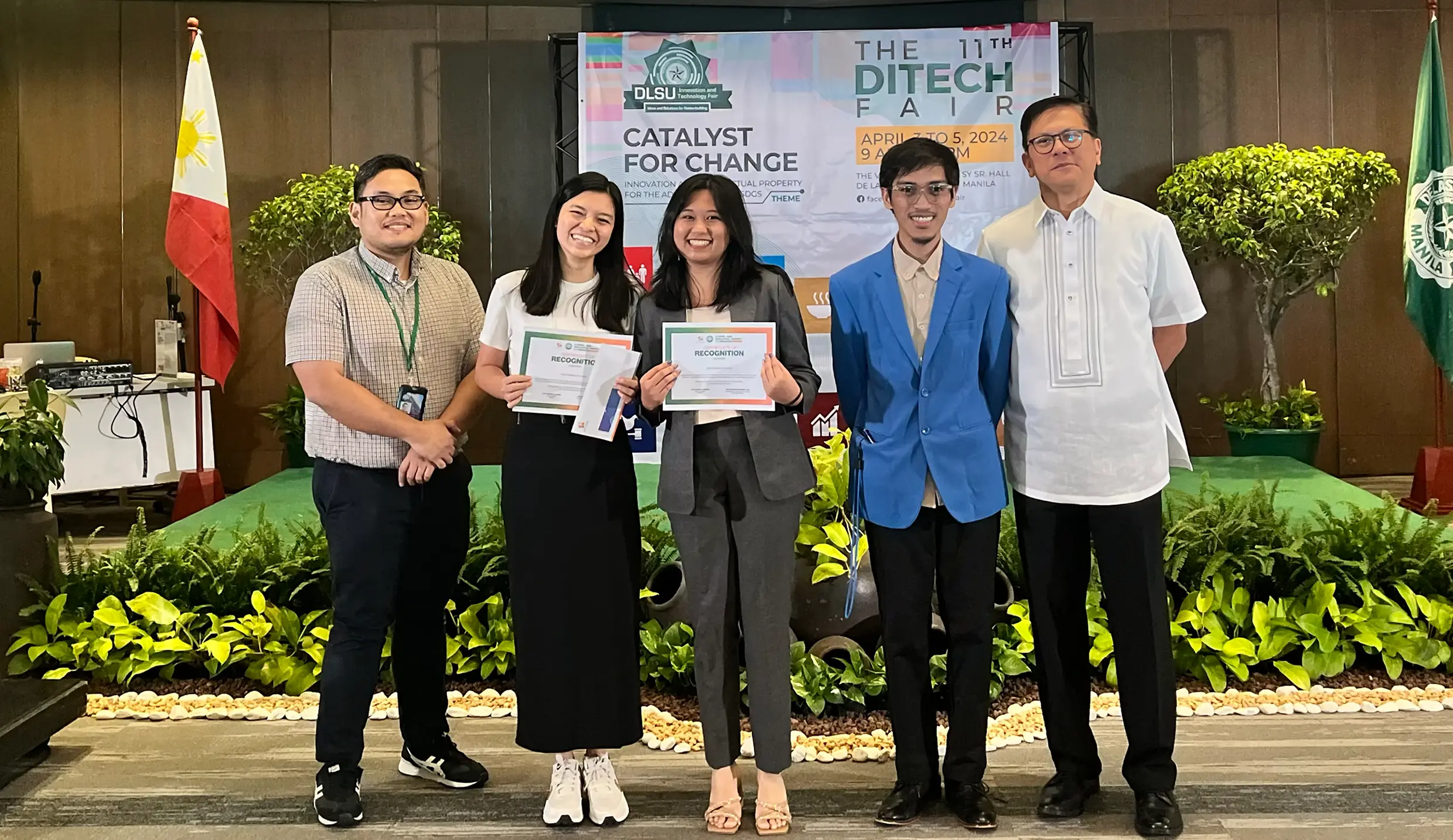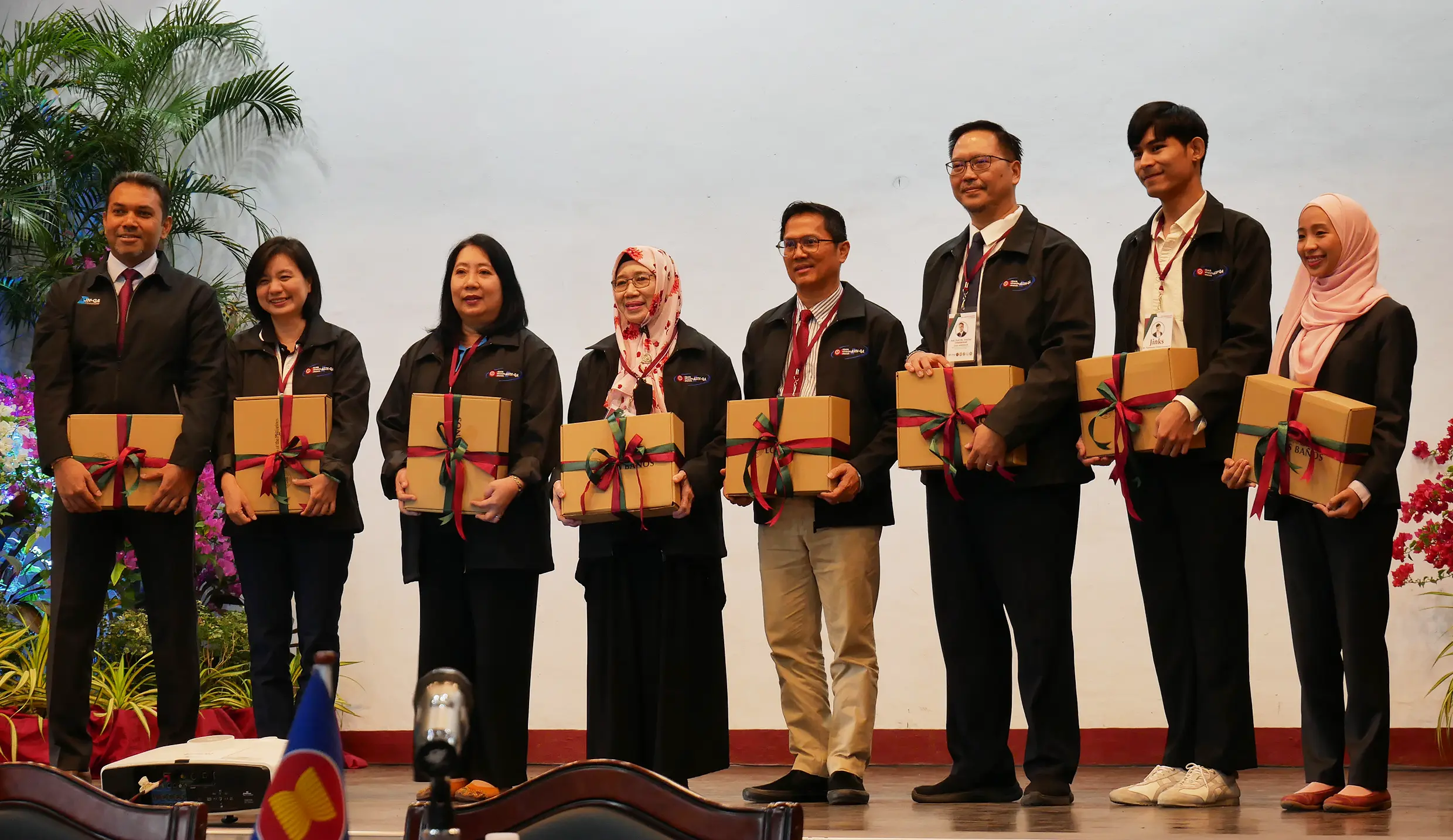
“Significant quantities of food produced today across the globe are lost and wasted across the supply chain and never make it to the mouth of consumers. Food loss and waste is one of the most challenging contradictions of our time.”
Thus, said Dr. Maximo Torero Cullen, chief economist at the Food and Agriculture Organization (FAO), after stressing that an estimated value of US $400 billion of food are lost all over the world, while more than 600 million people remain hungry and three billion do not have access to a healthy diet.
Dr. Cullen presented these facts during the webinar that was dedicated to mark the first International Day of Awareness of Food Loss and Waste (IDAFLW) on Sept. 29, which the UPLB Postharvest Horticulture Training and Research Center (PHTRC) co-organized with FAO.
IDAFLW, which the United Nations General Assembly adopted on Dec. 19, 2019 through Resolution 74/209, aims to raise awareness on the problem of and solutions to global food waste across the production and supply chains.
More than 300 participants took part in the webinar’s livestream on Zoom, YouTube, and Facebook, with its Facebook recorded video garnering more than 3,000 views two days after it premiered.
The line-up of speakers – two postharvest horticulture experts, a food scientist, and an agricultural mechanization administrator – reflected the holistic perspective by which the issue should be regarded.
Dr. Elda Esguerra, professor at the Institute of Crop Science and a former director of PHTRC, differentiated food loss from food waste, which she said are both contextualized on the food’s reduced value to humans.
She said that food loss takes place at the levels of agricultural production, harvest, and processing; while food waste happens at the distribution, retail, restaurants, catering, and household venues.
According to her, food loss is caused by the produce’s inherent perishability; poor handling, packaging, and transport systems; lack of market orientation; inadequate infrastructure; and weak integration of supply chain. She attributed food waste to consumers’ forgetfulness to cook and eat their food, overbuying, and obtaining poor quality goods.
As practical tips to sellers, Dr. Esguerra said that agricultural produce should not be exposed to sunlight, and should be displayed carefully. She also urged the consumers to finish their food and to revisit their refrigerator to be reminded of their food stocks.
Meanwhile, Dr. Edralina Serrano, adjunct professor and also a former director of PHTRC, emphasized the need to comply with the Good Agricultural Practices to minimize food loss and ensure the safety and quality of produce.
She cited ways to efficiently and properly process, harvest, pack, wash, package, transport, and store commodities. She introduced postharvest technologies, such as the PHTRC’s electric-driven, temperature-controlled Hot Water Tank that can be used to control particular diseases of mango, papaya, and pineapple.
Meanwhile, Dr. Lotis Mopera, director of the Institute of Food Science and Technology, talked about food processing technologies using drying, canning, freezing, and fermentation that are relevant during this pandemic.
These technologies, she said, maximize the use of produce, ensure food stocks in times of emergencies, and make food safe, accessible, and available.
Arnel Ramir Apaga, Director I of the Philippine Center for Postharvest Development and Mechanization, discussed the Rice Competitiveness Enhancement Fund-Mechanization Program. This program distributes production and postharvest facilities to farmers, particularly the ones that reduce postharvest losses.
Gracing the webinar were Dr. Elpidio Agbisit, Jr., dean of the College of Agriculture and Food Science, and Dr. Dormita Del Carmen, director of PHTRC.
Dr. Del Carmen also serves as the project leader of the FAO-funded “National training of trainers’ program on horticultural chain management and case study on managing quality and reducing post-harvest losses in tomato supply chains in the Philippines.”
The IDAFLW webinar is one of the major activities of the said research project. (Mark Jayson E. Gloria)








